Here. Here. Here.
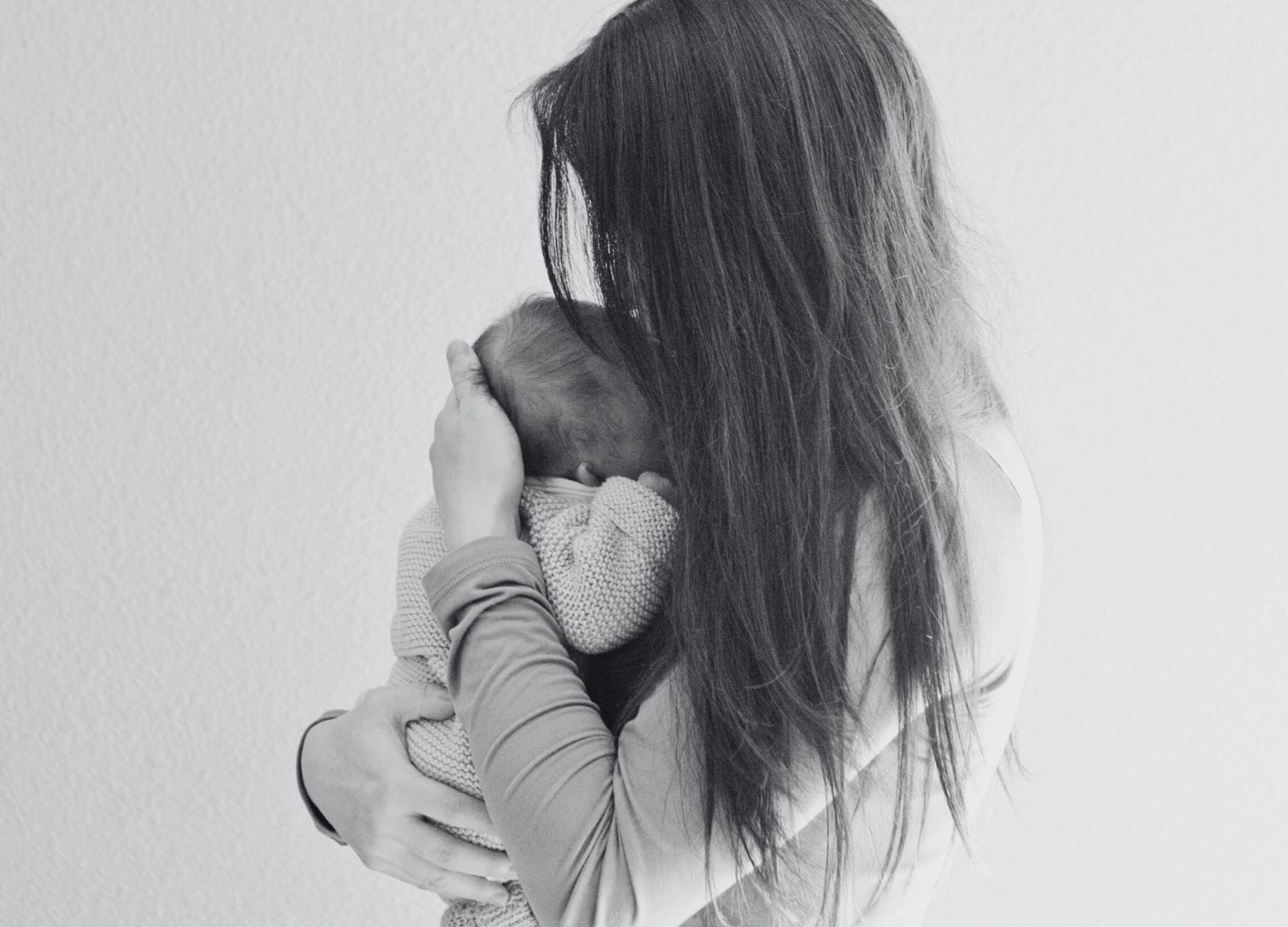
Hello, I’m Tiffany, your resident town hermit. Welcome to my fellowship—a haven where you’re free to talk about taboo subjects you can’t anywhere else. Learn more about The Untangling here, or subscribe to never miss a post.
Housekeeping
- Today's the last day to enter the giveaway to win one of three books. Scroll to the bottom of this post for details.
- Here's where you can see what I've been up to this week.
Do any human beings ever realize life while they live it?—every, every minute?
—Thornton Wilder
Death became real that day he died. It was no longer a vague, abstract concept, reserved for grandparents who slipped away quietly. No, it was a battered body, betrayed by gasping breaths and a failing heart. Barely eighteen years old.
Too young. Too young.
But is anyone truly “too old” to die? The years slip through our fingers like sand. It’s only when Time stopped for The One I Loved that I learned how fleeting our moments really are. Life broke open. Death ripped the scales from my eyes. I crossed the threshold from there to here, and ever more, the mean methods I employed to distract myself from my mortality were divested of their shimmer.
The brevity of life is no new concept; the philosophers and poets have dwelt on it long before I have. Perhaps, though, the lack of time is a thing of more urgency for people in our era, in spite of longer average lifespans. In Oliver Burkeman’s book, Four Thousand Weeks, philosophy and productivity blend together and force the reader to face their futile attempts to deny the inevitability of death—and finally live a meaningful life fully conscious.
We’re trained in the art of avoidance, but in no other time period has it been so easy to do so, as Burkeman points out. The conveyer belt hurtling us all toward death has not stopped, but we’ve somehow found a way to put up so many flashing billboards promising happiness in an endless scroll and at the bottom of a never-ending task list that we can’t even remember we’re on the conveyor belt anymore.
As I pondered over the madness of spending hours on social media or pursuing an unrequited, unfulfilling friendship, I caught myself thinking more and more, “This is not how I want to spend my life.”
So began my gradual (“radical,” as my younger cousin called it) shift into an unplugged life: “First, you deleted social media, now a dumb phone??”
Many look askance at my tiny Light Phone (including my own husband), how unwieldy it is, even for things like texting, and think I'm mad for choosing it. And yet when they ask me what I think of it, I always respond that I've never been happier.
There’s an oft-repeated phrase in productivity and healthy boundaries gurus alike: “Saying ‘yes’ to something means saying ‘no’ to something else.”
The costs of switching to a dumb phone are numerous: slow to load, a clunky GPS, inability to do online banking, physically printing out return codes, lack of a camera, manually uploading music files and audiobook files, etc.
The payoffs are, to use a cliche, indescribably priceless.
I could no longer use my phone as a crutch during slower moments with my children, nor reach for it when bored. I had to sit in the discomfort of listening to repetitive childish babble, wait in lines without distractions, and go on walks without someone else's voice in my ear. Yes, it was excruciating in the beginning at times.
Then, time slowed. The hours I once frittered away on my phone, leaving me wondering where the time went, no longer flashed by. I noticed more: the nuances between my neurodivergent son's repetitions, the subtle expressions in my toddler's face, the exact time our neighbour's tree began to change colour and signal autumn's dawn.
I don't remember when I first heard about Four Thousand Weeks, but as I seek to be more present, I finally read it, and found in the author a like-minded soul.
What’s remarkable about Burkeman’s book is how it pulls together so many threads I’ve woven through my life—and written them into a coherent narrative that makes sense to me.
Here is the fear of death.
Here, beneath it, is the underlying fear that at the moment of death, I will face the ultimate futility of my life.
Here is the acceptance of a mediocre yet well-lived life.
Here is the call to simply be without feeling the compulsion to justify one’s right to exist.
Here is the humbling reminder that we are not in control of time or our own lives.
Carpe diem is the call of this book: seize the day, not an immaterial future.
"...what you pay attention to will define, for you, what reality is. ... At the end of your life, looking back, whatever compelled your attention from moment to moment is simply what your life will have been. So when you pay attention to something you don't especially value, it's not an exaggeration to say that you're paying with your life."
Because "the average human lifespan is absurdly, terrifyingly, insultingly short," because there will, in fact, never be enough time, I am choosing instead to spend my moments paying attention to what is most precious.
And we know, don't we, Inklings, that it doesn't matter how long or short a life is? As Kazuo Ishiguro explores in Never Let Me Go, a novel about mortality and limited time, we will never feel we had enough of it.
Or as Ren once wrote in a letter to me, "Don't think we're meant to ever get enough of someone we truly love."
Every night when I put my daughter to sleep, she likes to repeat the words I used to console her when she didn't want me to leave.
Her voice reaches my ears as a half-awake murmur, echoing words I often said during times she clung to me like a mantra: “Mama. Here. Here. Here.”
Yes, Beloved. I am here.

In the upcoming book I wrote with the son I mention here, there are stories about grief and intergenerational love. Sign up here to be notified when it launches.
About Me: I’m Tiffany, a literary fantasy, and memoir author. My writing has been published by The Cultivation Project and Renewal Missions. I’ve been writing this publication since 2023. All words are 100% human-generated by me without AI assistance. Order my books here or here.
Further Reading:
- Four Thousand Weeks by Oliver Burkeman
- On the Shortness of Life by Seneca
- Never Let Me Go by Kazuo Ishiguro
- The Ruthless Elimination of Hurry by John Mark Comer (basically a Christian version of Burkeman's book. I didn't like the writing style, but the principles are essentially the same)
- "The Things We Never Stand Inside" by Huy Nguyen

Things I enjoyed reading this week:
- this nuanced essay about the complexities of adoption by Kristin T. Lee
- another quiet yet stunning essay by Chloe Hope about grief and community and hope
- an article about how George Eliot's Middlemarch teaches us that we'll never be famous, and that it's perfectly okay to live an ordinary life (this was a reread from almost ten years ago now, but I still love it)
- rereading The Song of Achilles by Madeline Miller, a fitting companion read after Matthew Long's readalong of The Iliad (it's still not too late to join his readalong for The Odyssey!)
- this creepy, multilayered short story by Shaina Read (if you need further convincing, the ever-excellent S. E. Reid also recommended it in her review)
- insights from "Lessons Learned from 14 Years as a Full-Time Author Entrepreneur" by Joanna Penn
- this article about why it's much harder for publishers to gamble on authors, how Toni Morrison would not have gotten published if she tried in today's climate
No spam, no sharing to third party. Only you and me.

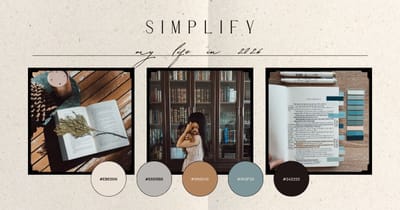
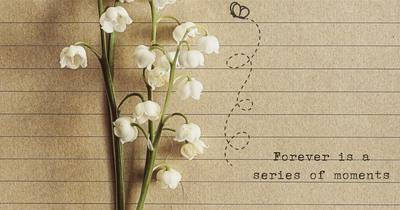
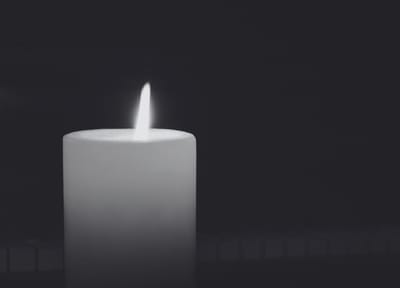
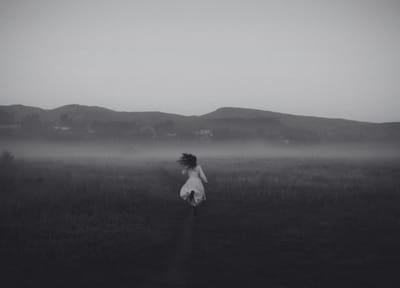

Member discussion